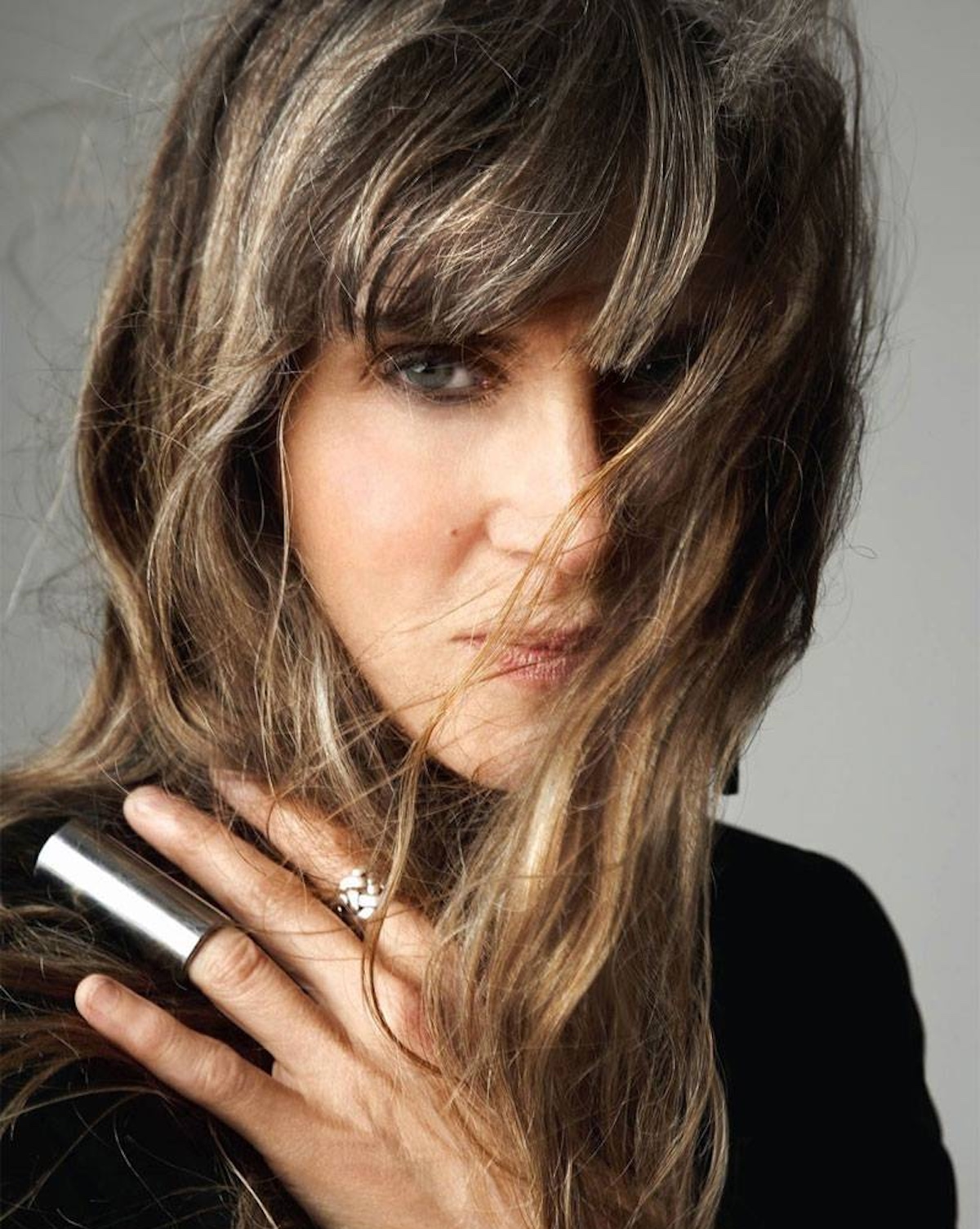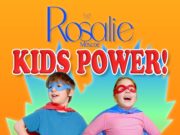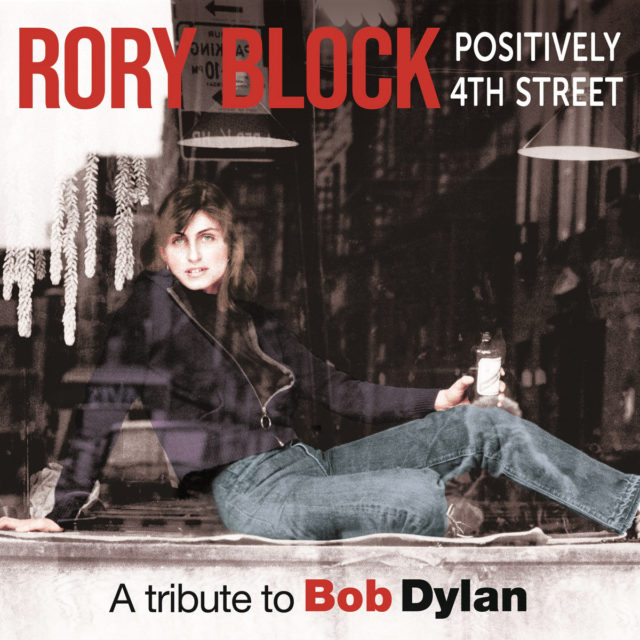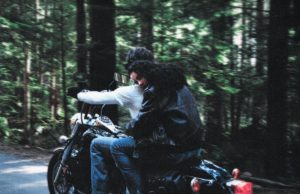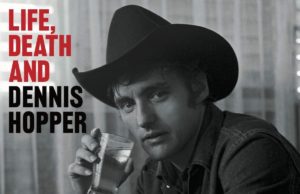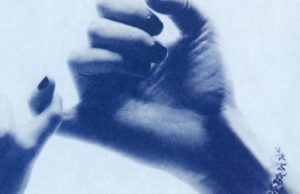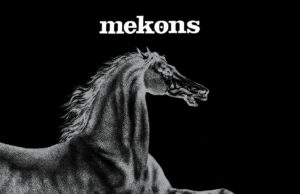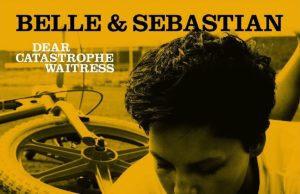THE EDITED PRESS RELEASE: “In the 1960s, Greenwich Village was at the epicenter of the burgeoning folk music boom happening around the world, and a young Rory Block had a ringside seat to this evolution. With the release of her new album, Positively 4th Street: A Tribute to Bob Dylan, she gifts the sounds of that era to listeners everywhere. Stony Plain also plans to release the title track as a single on Dylan’s birthday, May 24.
“In March of 2020, we took a leap into the great unknown and began broadcasting 90-minute shows every week from home,” says Block. “This unexpected journey has lasted over four years, and led to countless informal forays into a broad range of material by numerous artists — current and past. Probably the most persistent and enthusiastic requests from viewers for anything outside of the blues genre has been the repeated calls to record a Bob Dylan tribute. But how would I, an artist associated almost entirely with blues for over 30 releases, suddenly switch to recording songs by one of the greatest songwriters who ever lived? Thinking wouldn’t help. It had to start, simply put, by plugging in the mics and pressing record. It’s always a mystery…
“As it happens, I grew up in Greenwich Village and was a teenager when Bob Dylan’s songs were becoming huge hits. We didn’t think it unusual to spot John Lennon, Jimi Hendrix or Bob Dylan walking down West 4th Street at a time when the area was overflowing with musicians of every description and level of fame. My father’s place of business, The Allan Block Sandal Shop, was a centrally located and well-known hub for local musicians, and West 4th Street, where it intersected the one block long street called Jones Street, became the center of my universe. By the time I was in my 20s, Dylan was one of the most famous names in the music business.
“It was during the 1960s that I walked into Dad’s sandal shop and saw an artistic looking man sitting and talking with my father. I was aware of who he was: A musician and local resident — but I was raised to respect peoples’ privacy and not fawn over anyone, known or unknown. It was just part of the general musical atmosphere that characterized the place and time.
“I remember the hat, and the youthful face. He was not yet famous, so at that point he was among the many interesting people stopping by. He may have recently been signed to a label, but I don’t think his first album had come out yet. When I walked in, he was sitting there talking to my dad, and I remember thinking that he had a very unique, artistic presence. After he left, Dad told me something about the conversation. He said that Bob was a poet first and foremost who really didn’t care for the ‘business’ side of things. His priorities lay in being true to his art. Right away I resonated with the message.
“I understood it to mean that Dylan had integrity that he would not compromise. I also understood from this that it was OK to buck the system, to reject the shiny, glossy world of business in exchange for artistic honesty, a lesson which stood me in good stead many times over the years. It was an inspiration and the way I was raised to feel about music. People like Bob Dylan served to reinforce this important, grounding piece of information.
“As with all my recordings, the songs that move me the most deeply, touching heart and soul, are the ones I choose to record. This is always based on songs that leap up and cry out to me. It has everything to do with the message, the melody, and the energy in the song — and luckily, there is never a shortage of incredible songs to choose from.”
